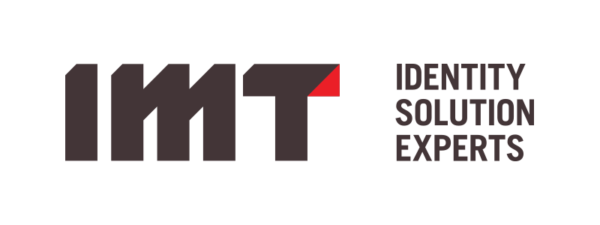Brian Eckhart, CEO – Part #3 of the Semarchy Guest Blog Series
This third post in our three-part series on Master Data Management (MDM) in Healthcare focuses on what you should expect from your MDM partner to capture clinical and business benefits. Our first post outlined the strategic uses for Master Data Management (a.k.a. EMPI) in Healthcare. Our second post described current data management opportunities and challenges unique to healthcare – and what you should expect from a Data Hub.
Knowing why a Data Hub fits in your strategy and what you need from your Data Hub are important pieces of knowledge. But the third leg to this stool is no less important – how do you successfully execute a benefits-driven approach that delivers quick time to value and real benefits? In short, what should you expect from your MDM partners?
1. Understand the unique needs of healthcare stakeholders
Time is a scarce resource in Healthcare. And one of the most valuable commodities in Healthcare is client – provider time. It’s not uncommon to hear comments such as “physicians can be difficult to accommodate” or “everyone feels they are special and want it done differently”. The real truth? Care providers know their time with patients/clients is the single largest factor driving positive outcomes. They did not become physicians or allied care providers because of a love for technology. They expect technology to be an invisible asset that enhances their client/patient experience. You should expect your MDM partner to be an effective facilitator of solid change management processes and your Data Hub should be highly customizable to accommodate unique stakeholder needs that will guarantee buy-in, adoption and usage, and ultimately benefits realization.
2. Respect governance complexities but not at the expense of value
Healthcare information is very sensitive. It is vital to work with a partner able to deliver data governance solutions that accommodate multiple layers of consent management policies. Privacy and confidentiality are paramount, requiring compliance with a host of laws and regulations such as HITRUST and HIPAA. Many healthcare networks comprising many individual organizations require a de-centralized and distributed governance framework. You need an MDM partner who understands how governance and stewardship work in healthcare and is deeply experienced working with Business Associate Agreements, Information Sharing Agreements, and Information Exchange Protocols. Your MDM Partner must have the experience to configure flexible Data Hub tools for compliance across all regulations, but not inhibit the delivery of a quality client/patient experience.
3. Facilitate a benefits-driven, incremental approach
Another adage we hear in healthcare is “large projects fail”. To address the unique stakeholder community and complex governance requirements, you need a Data Hub that has the ability to prototype quickly and an MDM Partner that can demonstrate real clinical value fast. Prototypes and proofs of concept should take days or weeks, not months. And once you have your internal champions on-board, you need to be able to scale quickly and build on your success.
4. Bring proven, real-world expertise to the table
The best tools in the world will not save a poor craftsperson. In fact, the main reasons why two similar initiatives in different organizations are remarkably different in cost and timeline often is attributed to project governance, stakeholder readiness, and implementation team expertise. Semarchy xDM brings a world-class Data Hub to healthcare and we are excited to bring our over 30+ years of experience in healthcare MDM and integration to the table to help you with your digital transformation and to help you capture real benefits.





